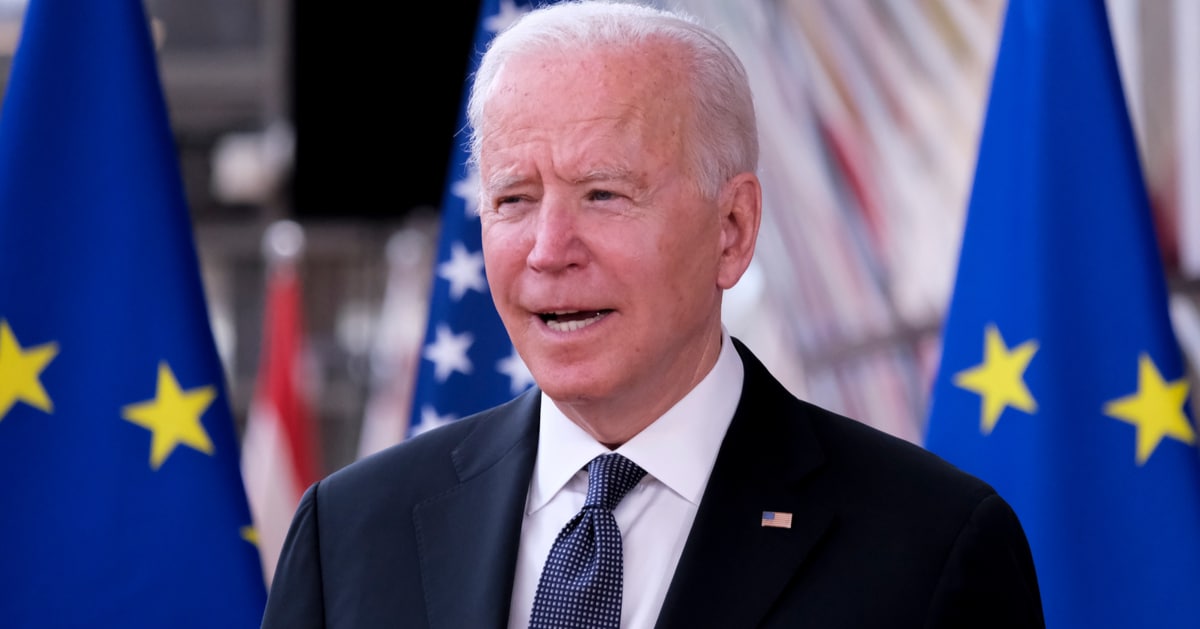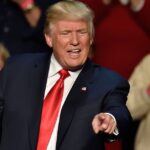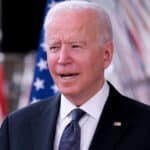


Rep. James Comer has issued a subpoena to Homeland Security Secretary Alejandro Mayorkas, seeking information about alleged connections between Democrat Minnesota Gov. Tim Walz and the Chinese Communist Party (CCP), just before the vice presidential debate between Walz and Republican candidate Vance.
Breitbart reported that the subpoena demands communication records from the Department of Homeland Security (DHS) regarding Walz, raising security concerns and coinciding with upcoming political debates.
On the Thursday before the televised debate, Comer released a letter detailing the subpoena, which targets Homeland Security Secretary Mayorkas.
The request from DHS includes communications from a Microsoft Teams group chat and various classified and unclassified documents related to Walz, covering a period from November 2023 to the present.
The allegations come from a whistleblower within DHS, who pointed to potential longstanding connections between Walz and the CCP.
The requested information specifically includes communication records from a Teams chat titled “NST NFT Bi-Weekly Sync.” Comer’s letter highlighted intelligence information reports or regional intelligence notes that might be pertinent to the investigation.
Comer's investigation into CCP influence in the U.S. has been ongoing and predates Walz's candidacy for vice president.
The timing of the letter's release coincided with a report from the Washington Free Beacon, which challenged Walz's statements regarding his whereabouts during the Tiananmen Square massacre in 1989.
During a 2014 Congressional hearing, Walz recounted being in Hong Kong in May 1989, allegedly when the Tiananmen Square massacre occurred. He described his experiences and the region's atmosphere at that time.
“I was just going to teach high school in Foshan in Guangdong, and was in Hong Kong in May of ‘89,” Walz stated. He recalled the reactions from European individuals about traveling to Hong Kong during that period.
However, the Washington Free Beacon disputed Walz's account, reporting that documents revealed he was in Nebraska, not Hong Kong, during the massacre. According to contemporaneous news reports, Walz toured a National Guard storeroom in Alliance, Nebraska, in May 1989. These reports suggest that Walz did not leave the United States until August 1989, well after the events in Tiananmen Square had unfolded.
In his letter, Comer emphasized the gravity of the allegations. “Serious concern among Department of Homeland Security (DHS) personnel regarding a longstanding connection between Tim Walz and the Chinese Communist Party (CCP),” Comer wrote.
The letter further asserted that if Walz had knowingly or unknowingly been involved in CCP efforts to undermine the U.S., it would indicate critical vulnerabilities in the federal defense against foreign political interference.
Comer's investigation is part of a broader effort to scrutinize CCP influence on U.S. politicians. The ongoing inquiry aims to uncover any attempts by the CCP to engage in political warfare against the United States and to assess the effectiveness of federal responses to such threats.
The timing of these revelations is especially significant as Walz is set to debate Republican candidate Vance in an upcoming vice-presidential debate.
The allegations and the subsequent subpoena may influence the debate's dynamics and possibly affect public perceptions of Walz's candidacy. The demand for DHS communications is a critical part of exploring the extent and nature of Walz's alleged ties to the CCP.
Mayorkas is now under pressure to respond to the subpoena, providing the requested documents and records. The Microsoft Teams chat, along with intelligence reports, could potentially shed light on the nature of any connections between Walz and the CCP, if they exist.
The allegations come at a crucial moment in the political cycle, potentially impacting the Democratic ticket's credibility and electoral prospects.
Questions about Walz’s ties to the CCP and discrepancies in his past statements could sway voter opinions and become a focal point in the vice-presidential debate.
On the opposite side, Vance's team is likely to seize on the controversy, using the allegations as leverage to question Walz's suitability for the vice-presidency. The upcoming debate could see these issues taking center stage, as both parties address the accusations and their implications for national security.
The findings from this investigation could have profound implications for both Walz’s political future and broader U.S. efforts to counter foreign influence. As the vice-presidential debate approaches, these revelations will undoubtedly be a critical point of contention.



